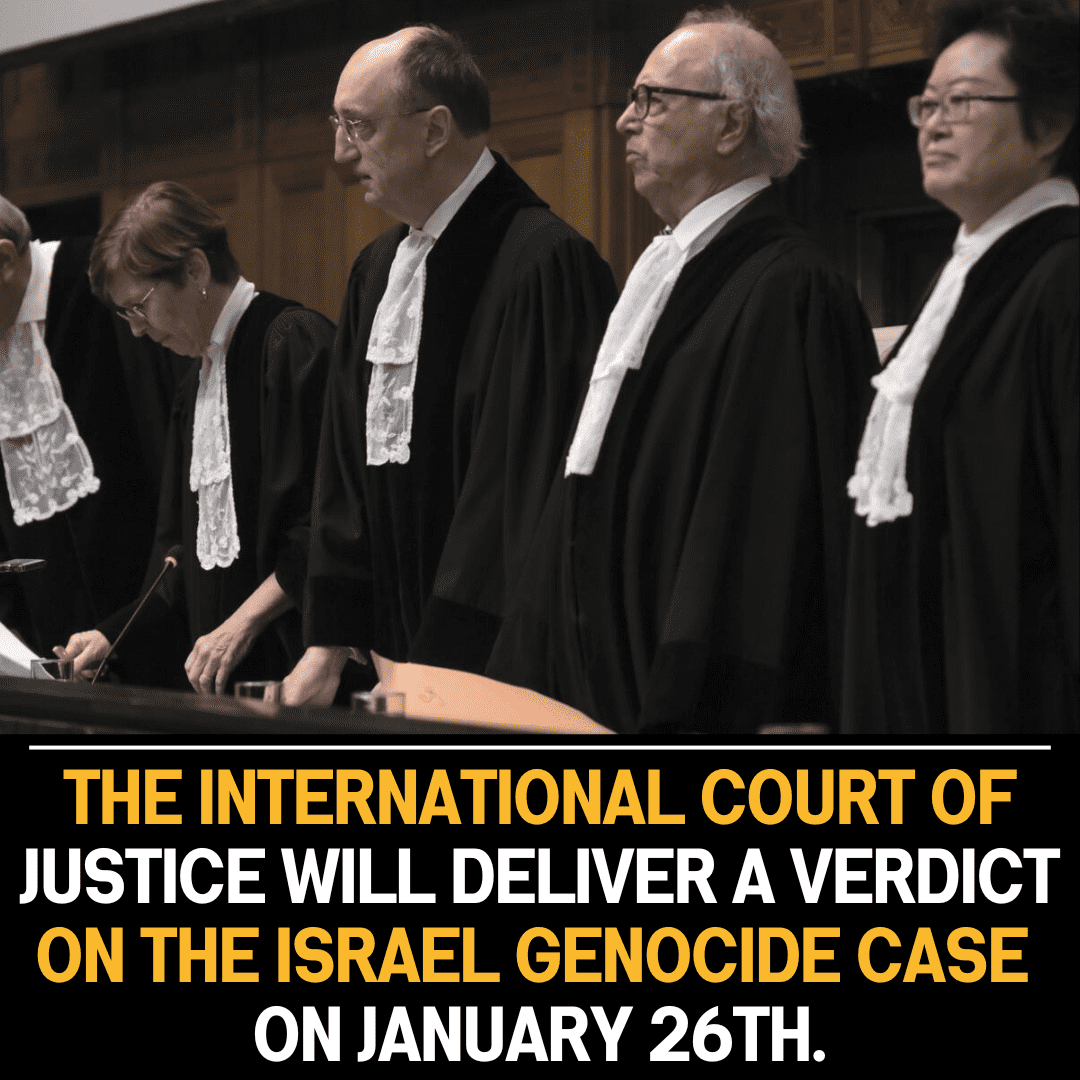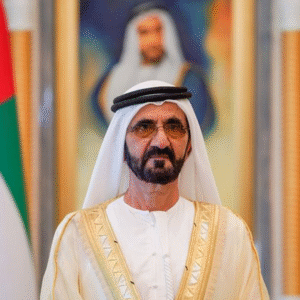On January 26th, a pivotal moment in the legal discourse surrounding the Israel genocide case will unfold as the International Court of Justice (ICJ) is poised to deliver its verdict. This impending decision marks a significant milestone in the complex and sensitive proceedings related to allegations of genocide.
The Israel genocide case, brought before the ICJ, has been a focal point of international attention, reflecting the gravity of the accusations and the broader geopolitical implications. The court, established to adjudicate disputes between states and provide legal opinions on international legal issues, now holds the responsibility of rendering a verdict on a matter of profound global significance.
The allegations of genocide have stirred impassioned debates, with stakeholders presenting divergent perspectives on the events in question. The case revolves around whether actions taken by Israel meet the legal criteria for genocide, defined under international law as acts committed with the intent to destroy, in whole or in part, a national, ethnical, racial, or religious group.
As the ICJ prepares to deliver its verdict, the world watches with anticipation, recognizing the potential ramifications of the decision. A ruling affirming the allegations could have far-reaching consequences for diplomatic relations, regional stability, and the perception of international justice. Conversely, a decision in favor of Israel would shape the narrative around the accusations and impact the credibility of the legal proceedings.
The legal proceedings have been intricate, involving comprehensive presentations of evidence, legal arguments, and counterarguments. The ICJ’s verdict will not only determine the culpability or innocence of the accused but will also establish a precedent for how allegations of genocide are adjudicated on the international stage.
The January 26th verdict is likely to evoke varied reactions from the international community. Advocates for justice and human rights will scrutinize the decision as a barometer of the international legal system’s effectiveness in addressing alleged atrocities. Simultaneously, diplomatic circles will navigate the potential implications on geopolitical dynamics, emphasizing the delicate balance between justice and international relations.
Regardless of the verdict, the Israel genocide case stands as a testament to the intricate intersection of law, politics, and human rights. The ICJ’s decision on January 26th will echo beyond the courtroom, shaping discourse on accountability, justice, and the role of international institutions in addressing the gravest of accusations.
In conclusion, the impending verdict by the International Court of Justice on the Israel genocide case represents a watershed moment in the ongoing legal saga. As the world awaits the decision, the significance of this event underscores the intricate interplay between legal proceedings, geopolitical considerations, and the pursuit of justice on the international stage.









